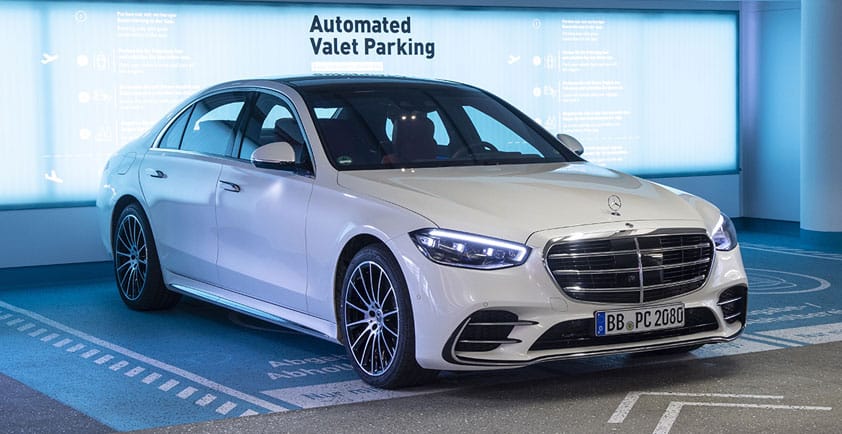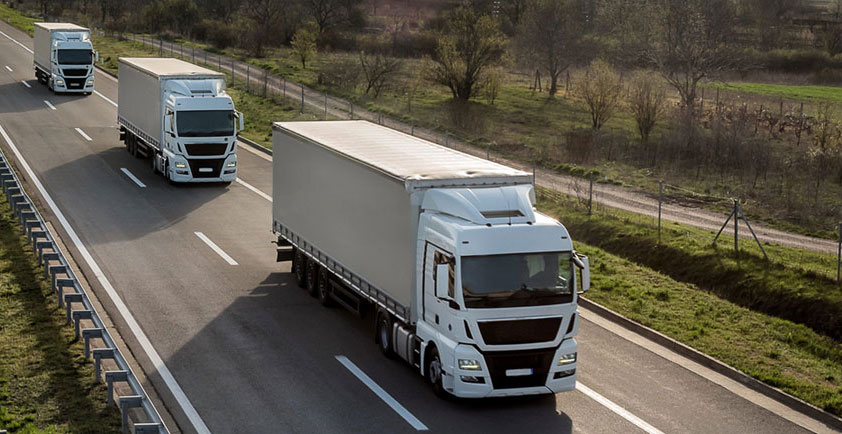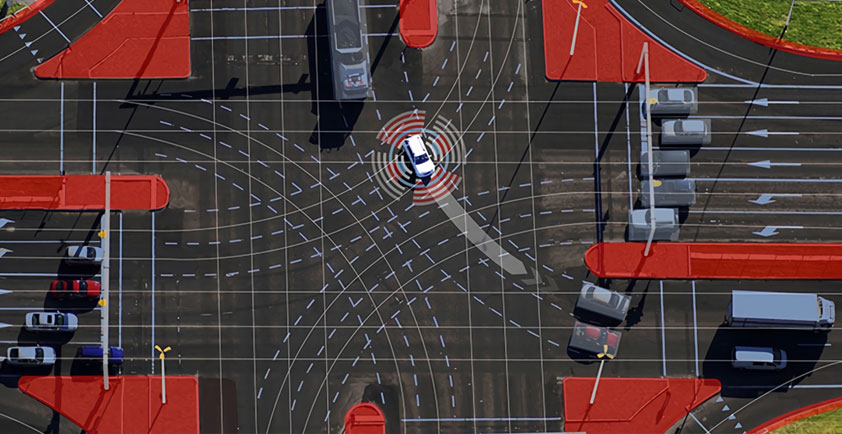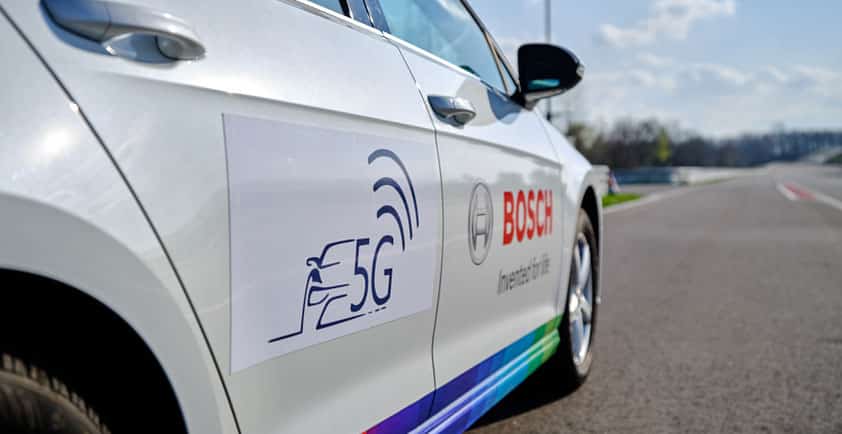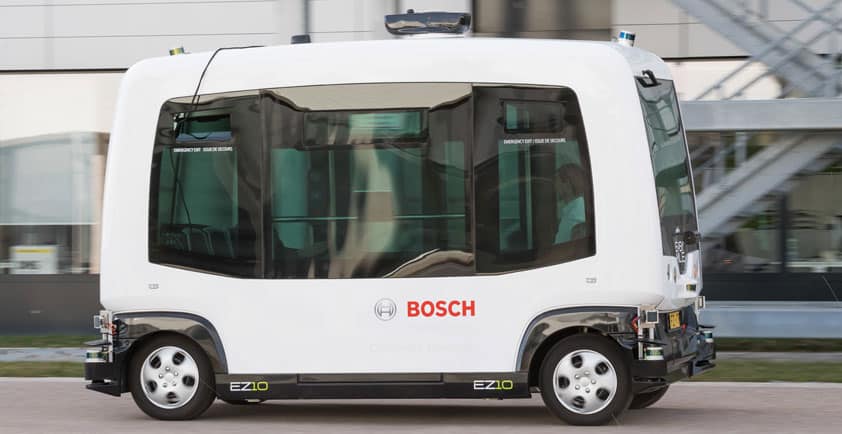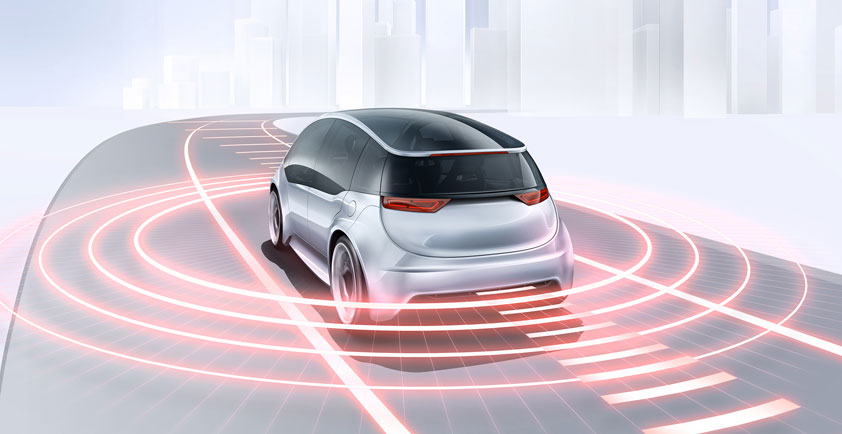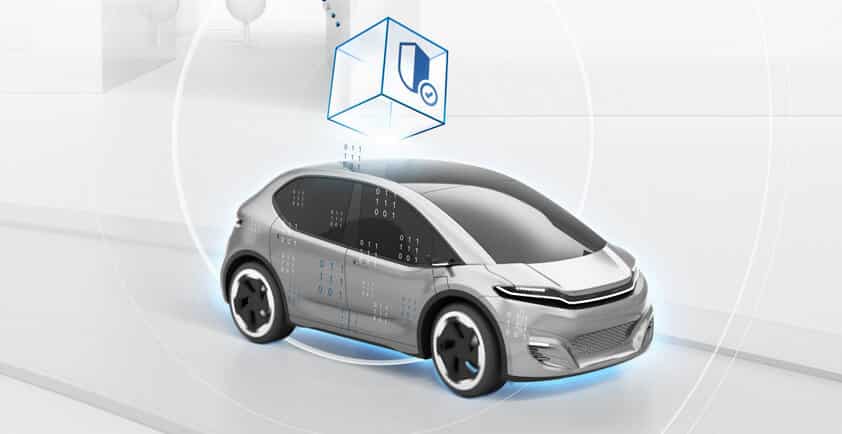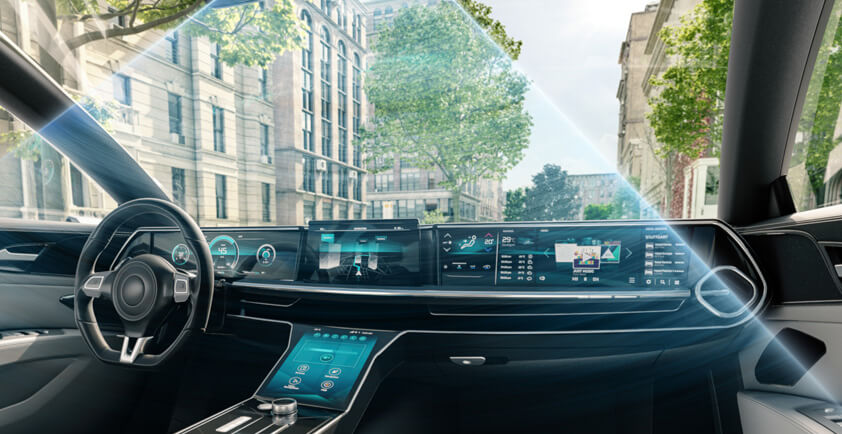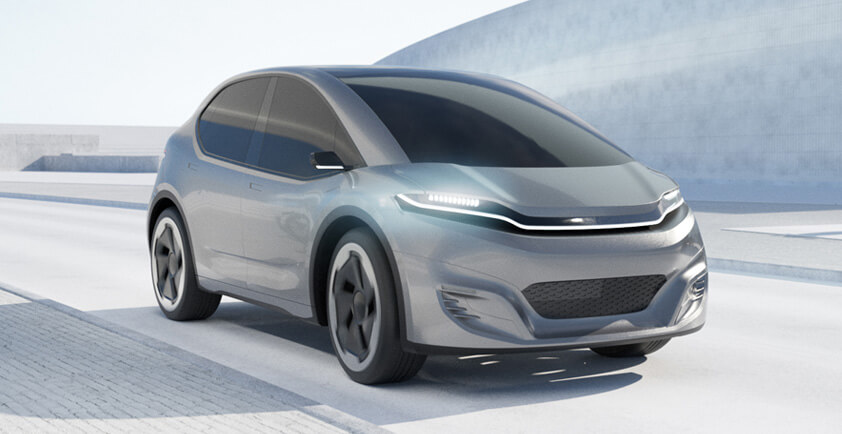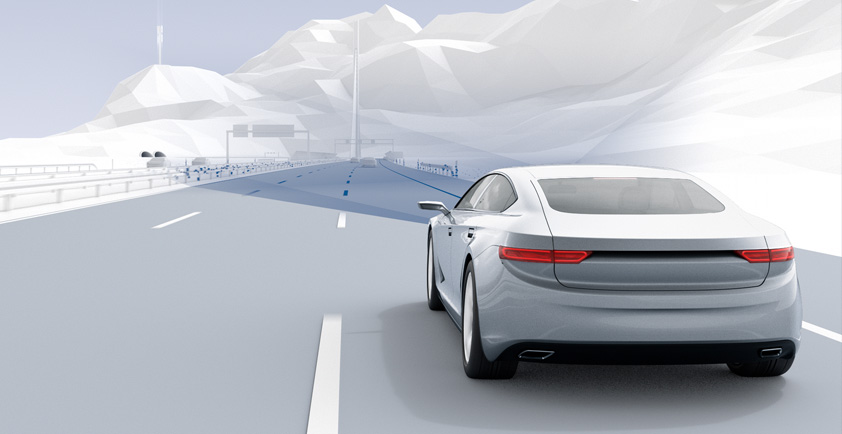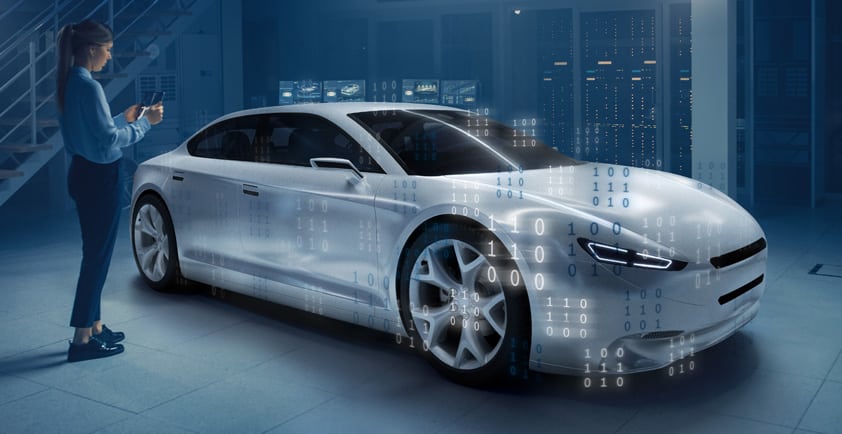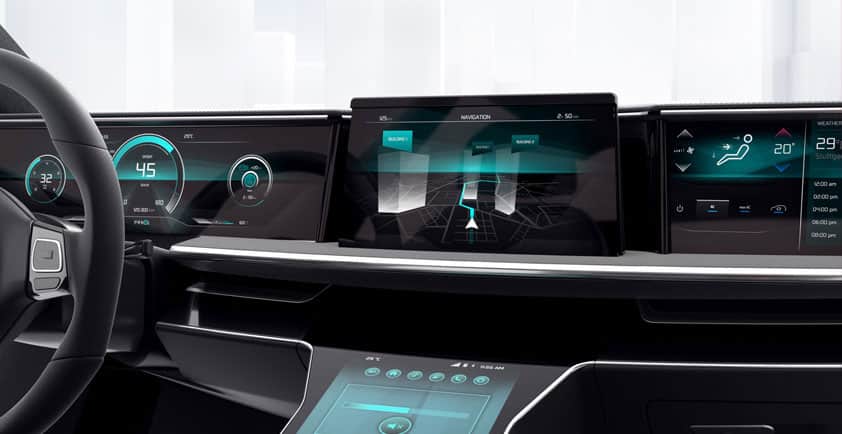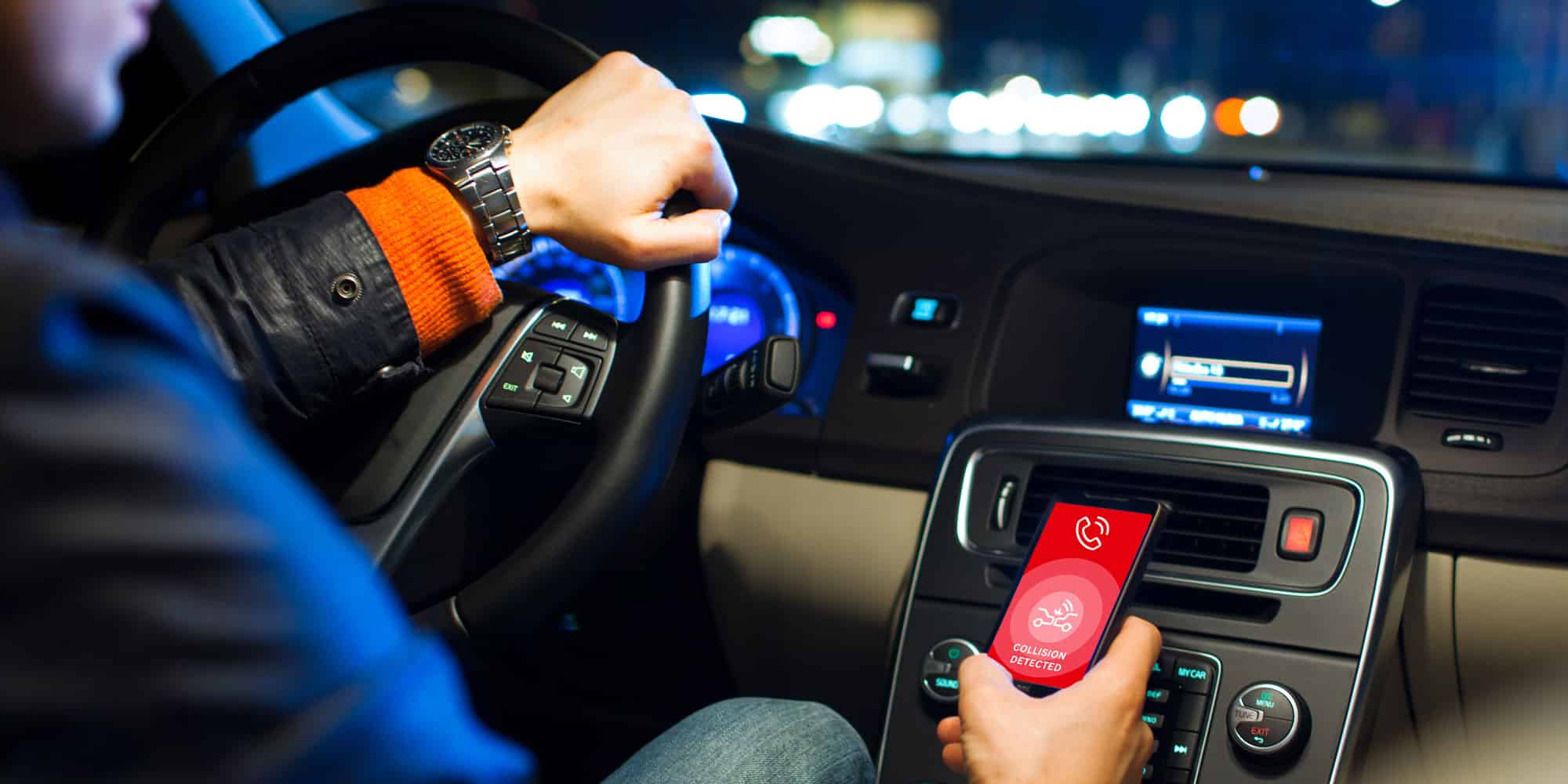
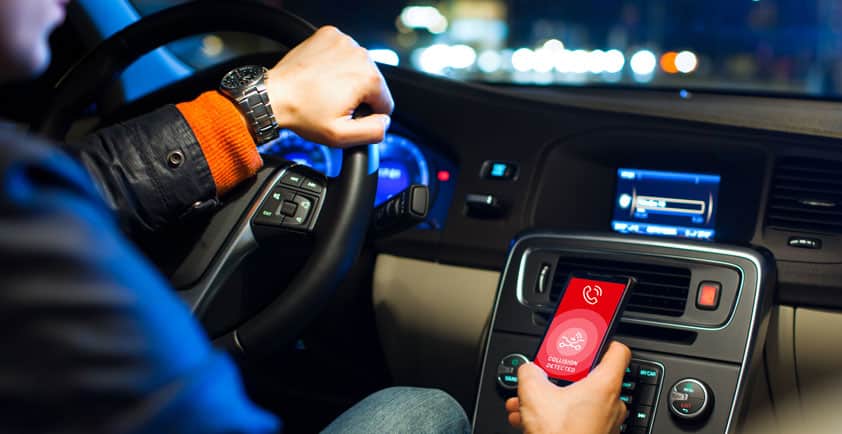
BOSCH SERVICE SOLUTIONS TO INVEST IN U.S. STARTUP SFARA
>> Bosch to acquire minority holding in Sfara
>> eCall and breakdown service to be developed into complete smartphone-based accident-response service
>> Existing successful partnership to be strengthened
Frankfurt am Main, Germany / Hoboken, NJ – As part of its plans to further expand its mobility service business, Bosch Service Solutions is acquiring a minority stake in the startup Sfara Inc., based in Hoboken, NJ (USA). The two companies have been working together since 2019. Set up in 2012, Sfara offers app-based technologies for mobile devices that detect vehicle collisions and other emergencies. The user’s smartphone triggers then an emergency call, such as the Bosch eCall service, to quickly contact first responders. The two companies signed an agreement on the investment of a minority stake on November 25, 2020. It has been agreed that the financial details will not be disclosed.
“With this investment in Sfara, we are strengthening collaboration between our two companies and will continue our joint effort to expand the successful Bosch eCall emergency and breakdown service,” says Henning von Boxberg, President of Bosch Service Solutions.
The automatic emergency call system – eCall for short – is a milestone in vehicle safety. For newly registered vehicle types, it has been mandatory in the European Union since March 31, 2018. Technology developed by Sfara now makes it possible for drivers to use this digital aide via a smartphone in vehicles without the eCall installed, usually in older vehicles that don’t include the necessary technology. This way, a significantly greater number of road users can benefit from this emergency call system and can automatically get help in the event of an accident. Thanks to the Sfara technology, users can also access eCall outside the vehicle from their smartphones, for example when moving around on foot. “We are delighted to be working with a well-known investor such as Bosch, and pleased that our technology can play a valuable part in expanding Bosch’s global eCall service portfolio,” says Erik Goldman, the CEO of Sfara.
eCall by smartphone, regardless of age of car or means of transport
Smartphone-based eCall means that vehicle manufacturers, auto insurers, and fleet operators can offer a comprehensive accident and breakdown service to their customers – independent of the age of their car or means of transport. A service app for customers’ smartphones is available from the respective provider. In case of an accident, the app connects the user with the Bosch accident and breakdown network. Accelerometers, GPS and other sensors are embedded in modern smartphones. Sfara’s proprietary app-based technology uses sensor fusion to detect accidents and suppress false positives. If an accident is detected, the app automatically triggers an emergency call to a Bosch service location and simultaneously transmits information necessary to get first responders to the scene quickly. An emergency call can also be triggered manually. This connects the user with a member of the service team, who will then contact emergency services, if required. The technology contains optimized crash detection functions that considerably reduce false positives, which are costly to the business and frustrating to end users.
Digital accident and breakdown management
The data for rapid assistance in case of an accident or breakdown is collected by Bosch and can be passed on to vehicle manufacturers, auto insurers, and fleet operators. This speeds up the process for all concerned, since the information includes useful accident data such as the location of impact. The report of an accident can also go hand in hand with a first notification of loss (FNOL). Insurers need this information to carry out smooth claims processing. In accordance with GDPR, only the data needed to perform service is transmitted, based on approval given by the user in advance.
Bosch Service Solutions plans to extend the eCall service further with its partners and make all steps involved in accident and breakdown management available in digital form to its business customers. These range from the first notification of loss or accident, to repair and towing services and the provision of a replacement vehicle and claims management.
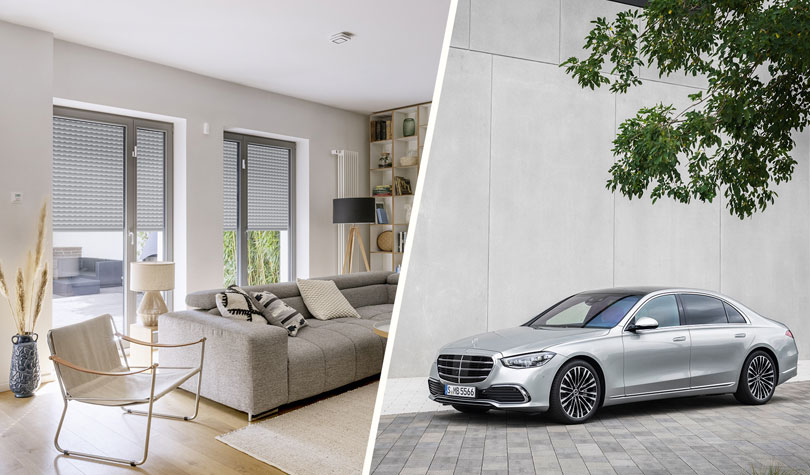
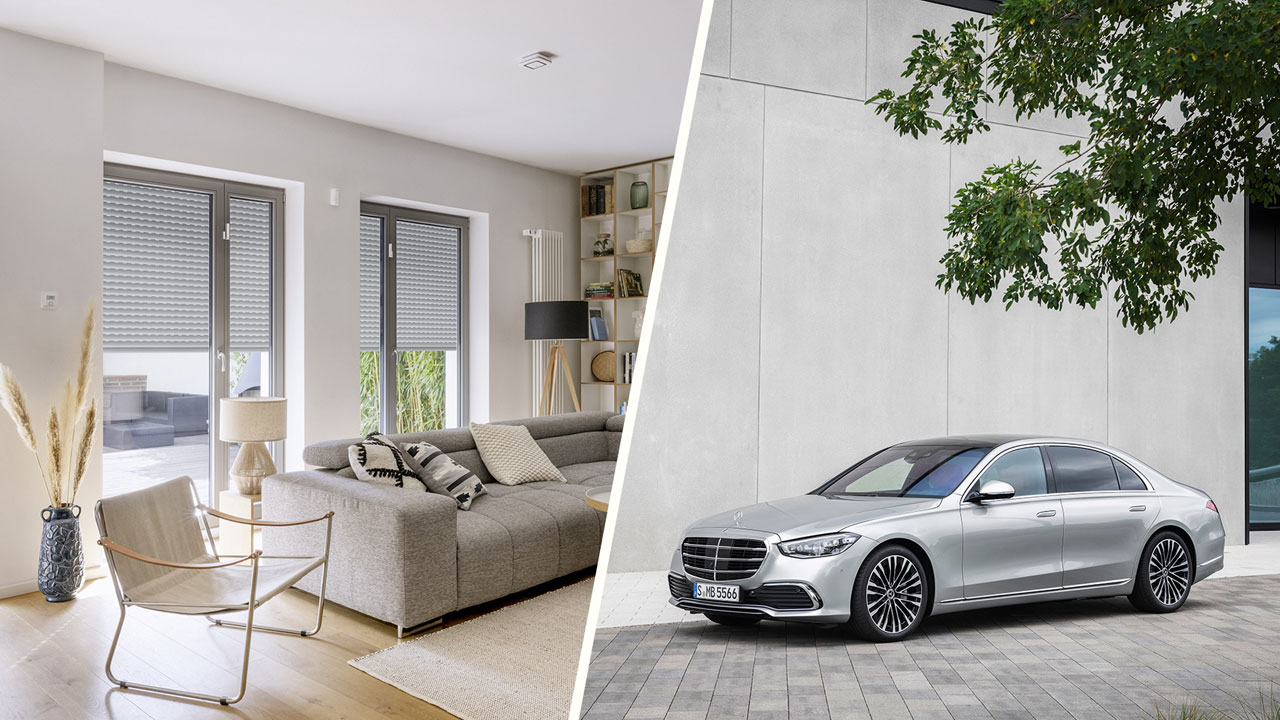
THE BOSCH SMART HOME PARTNER PROGRAM WELCOMES A NEW MEMBER: THE MERCEDES-BENZ S-CLASS
Stuttgart – Since the beginning of the year, Bosch Smart Home has been offering an open interface for selected partners, thus promoting the continuous expansion of its partner network. Following the recent addition of Apple HomeKit, Mercedes-Benz has also joined as a new partner with its MBUX infotainment system. The integration of the Bosch Smart Home System into the carmaker’s new infotainment system will offer its users even more options for controlling their smart homes from their cars.
From now on, home is only a voice command away when you’re on the road
Time is short and many things often need to be taken care of quickly in the morning before going to work or before leaving on a road trip. But moments after driving off, our thoughts often turn homeward again: “Did I switch off the light in the hallway? Did I turn down the heating in the bathroom? Did I close the windows and lock the doors?” In the future, drivers of the new S-Class will receive friendly answers to these questions via MBUX, which notifies them of the current status of their Bosch Smart Home devices even while driving and enables drivers to easily control those devices while on the road. Starting in December, this will initially be possible for the following Bosch Smart Home products: Smart Plug, Room Thermostat, Radiator Thermostat, Shutter Control, Door/Window Contact, Light Control and Motion Detector.
The driver’s attention always remains completely focused on the road and the traffic because the status request and control commands work simply and contact-free via the MBUX voice assistant. All the driver needs to do is to ask: “Hey Mercedes, is everything okay at home?” The system automatically responds by sending a status update directly to the car: “The shutters in the bedroom are still open and the light in the bathroom is still on.” The driver can then send specific commands to the smart home: “Hey Mercedes, please lower the shutters in the bedroom all the way down” or “Hey Mercedes, switch off the light in the bathroom”.
This car-to-home integration is achieved thanks to the open partner interface that Bosch Smart Home has been offering since the beginning of the year. The interface enables partners such as Mercedes-Benz to integrate Bosch Smart Home devices into their own solutions via a Cloud API.
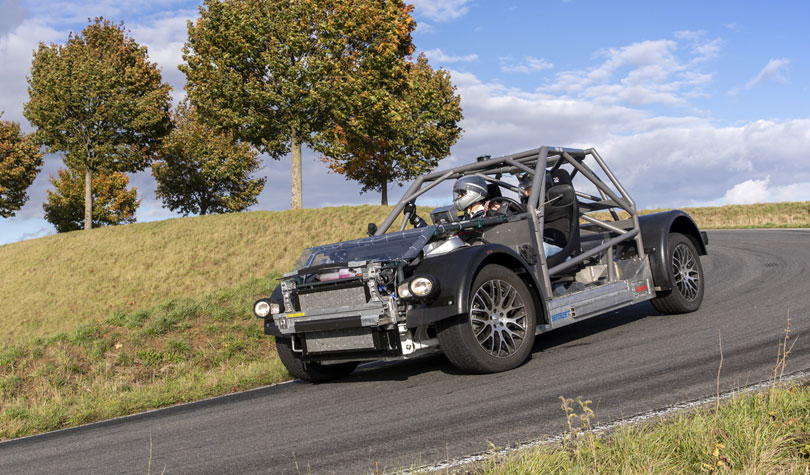
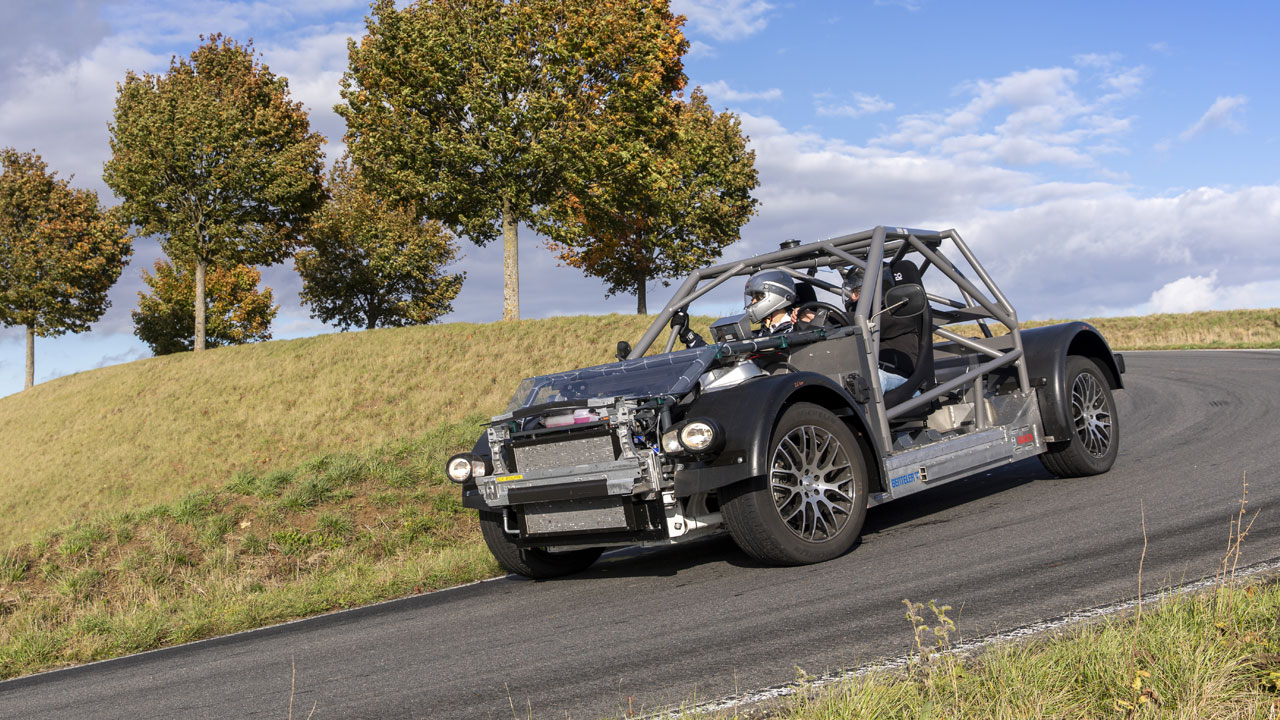
BOSCH IGNITES THE TURBO FOR ELECTROMOBILITY
Boxberg – Electromobility is attracting new manufacturers to the market worldwide. At Bosch, a separate unit takes care of these customers who all have one thing in common: They increasingly demand system solutions rather than individual components. Bosch wants to support these new entrants just as it supports traditional car manufacturers in bringing electric vehicles to the market faster than before.
From a pre-integrated module to a complete solution
As part of a development alliance with the chassis and automotive technology expert Benteler, Bosch is showing how its products for electric vehicles can be integrated and which innovative, cross-domain functions – for example between steering and brakes – can be realized. Benteler takes care of the mechanical integration by embedding corresponding components and subsystems in a so-called rolling chassis. The rolling chassis is a ready-to-drive modular platform on which car bodies of a wide variety of vehicle types can be flexibly assembled.
The scalable concept using pre-integrated modules enables new vehicle concepts to be implemented quickly and helps car manufacturers to further increase their development efficiency. Start-ups are given the expertise to build an electric car. Customers can choose between a complete solution and pre-integrated modules.
Step one: functional integration
For a pre-integrated module, Bosch combines individual components such as the e-axle, braking system, steering system and control unit – the so-called Advanced Driving Module. To do so, interfaces are simplified and communication between the components is optimized. This ensures optimum interaction in the electric vehicle, for example regarding vehicle stabilization or recuperation.
Step two: mechanical integration
In cooperation with Benteler, the Bosch components are also mechanically assembled to form an axle module for the front and rear axles. Such a module is optimized in terms of construction space, among other things it improves damping and driving dynamics and can be used flexibly in different variants.
Step three: the fully integrated rolling chassis
The rolling chassis is the highest expansion stage and shows what a maximum of integration is possible. It includes all the necessary Bosch e-components up to an ingenious thermal management.
Outlook
In the future, Bosch intends to integrate its module solutions into chassis in cooperation with partners and thus offer customers a complete rolling chassis. However, Bosch does not build vehicles and does not intend to do so in future. The aim is to support customers in driving forward e-mobility solutions more quickly. For pre-integrated modules and rolling chassis, Bosch sees a market potential in an amount of billions, mainly in China and North America, but also in Europe. The first customer projects have already been launched.
